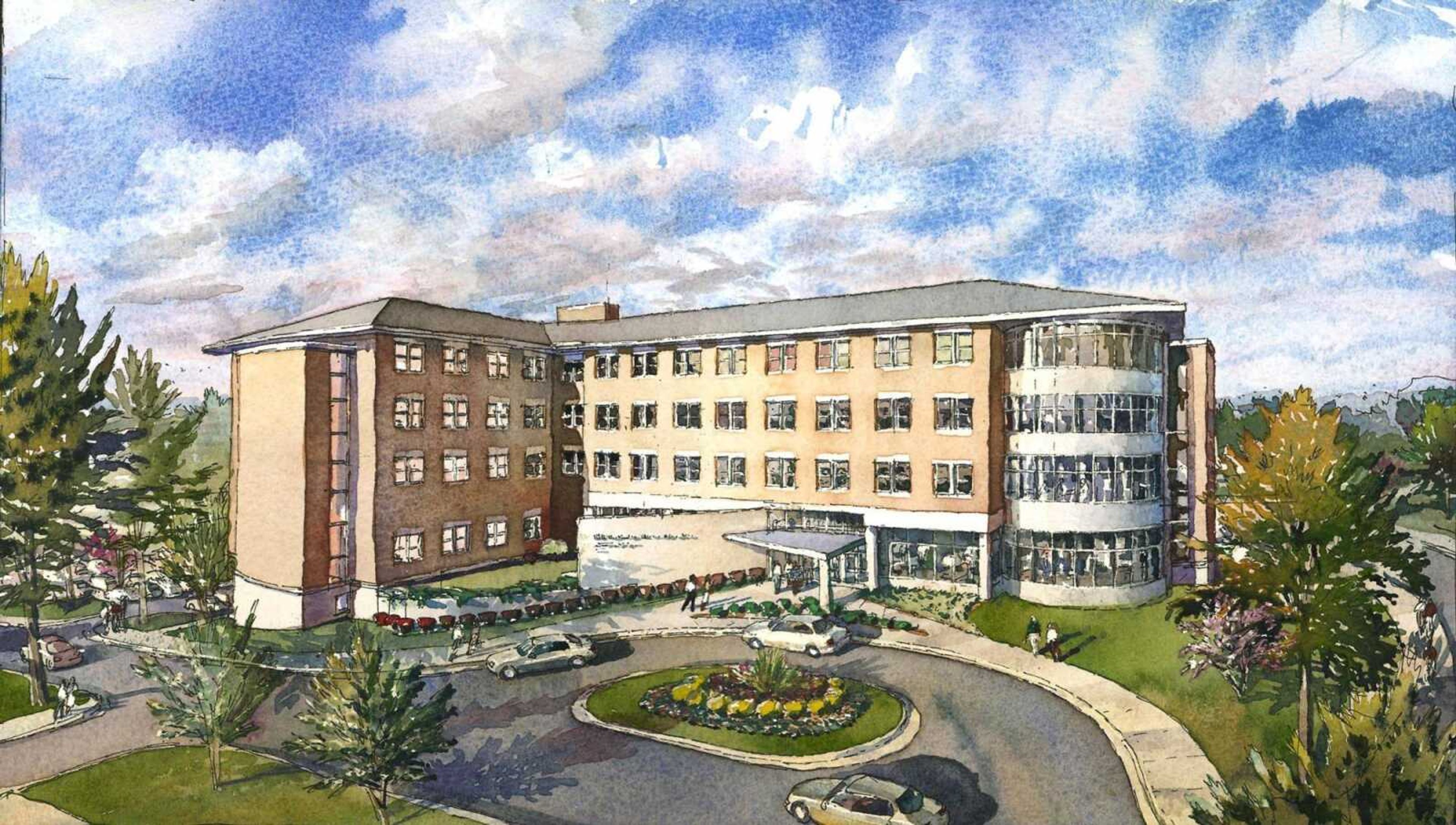$26.8 million residence hall proposed
Renovations at Southeast Missouri State University will continue into next year. By the fall semester of 2013, there will be a brand new residence hall open to students on campus.
Renovations at Southeast Missouri State University will continue into next year. By the fall semester of 2013, there will be a brand new residence hall open to students on campus.
Southeast's administration presented its proposal for the new building at the Board of Regents meeting in October. According to vice president for finance and administration Kathy Mangels, there is a pressing need for additional housing.
Southeast has not been able to offer private rooms, where a student would pay additional fees to have a room to themselves, to every student who has requested one since 2007. There are next to no private rooms this year. This is due to the rapid increase in enrollment and subsequent housing needs over the past several years. The university has even had to locate on-campus dwellers at Candlewood Suites on South Mount Auburn Road.
"Part of students choosing where they want to go to school is what they expect from their housing experience," Mangels said. "They're going to live here for most of the year. We are to a point with our capacity, we can't offer private rooms anymore."
Mangels said that offering private rooms is important to those students of a nontraditional age who wish to live in the dorms. The university is also seeing a trend in upperclassmen requesting private rooms.
Southeast administration will present the final budget plan and legal paperwork to the Board of Regents on Dec. 15, which will then either permit or deny permission to issue bonds. A bond is similar to a mortgage. The university will pay a principle fee and interest on the bonds every year for the next 30 years. Unlike a mortgage, other people can invest in these bonds.
"Someone can go to their local investment broker here in Cape, or in any community, and say 'I want to own a $5,000 Southeast Missouri State University bond,'" Mangels said. "So it's something that people invest in, and the interest that we're paying is going back to those people who invest."
The current plan for the residence hall features accommodations for 262 students on five stories. The building would offer full lounges, kitchens and laundry rooms. There will be combined resident and commuter parking.
Mangels said the building will be set up like New Hall or Vandiver Hall with communities of similar students living together. She said it is feasible that these communities may focus on math and science since the building will be close to the university's math and science buildings. It will also be the closest residence hall to the Student Recreation Center-North.
The proposed cost for the new building is $26.8 million, which includes upgrades to campus facilities needed to power a new residence hall. If all goes as planned, work will begin in March 2012.
Students living in the new building are expected to eat at Towers Cafeteria due to its proximity. However, Chartwells Educational Dining Services, the university's dining provider, is looking to expand its outlets. It is examining the feasibility of opening new restaurants, such as Subway and Starbucks, at different locations on campus.
Southeast administration is also examining the feasibility of a new Greek community off campus. Before any plans can be taken to the Board at all, the administration must meet with the fraternities and sororities to find out if they have the funds to lease their own buildings, if they have enough members interested in living in such a community and how the university could afford to run it. Administration is also considering the idea of building housing near the River Campus, which would serve students majoring in the arts.
The campus is expanding in many directions. Academic Hall is the most drastic renovation, but changes are also underway in Magill Hall, Memorial Hall and the campus power plant. Renovations have been recently completed at Parker Hall, the intramural softball fields, Houck Stadium and Houck Field House.
Housing is a growing need as enrollment at Southeast continues to break records. Mangels said that it is important for the university to get new building plans underway to offer relief and flexibility that will allow time and space for all needed renovations on a growing campus.




